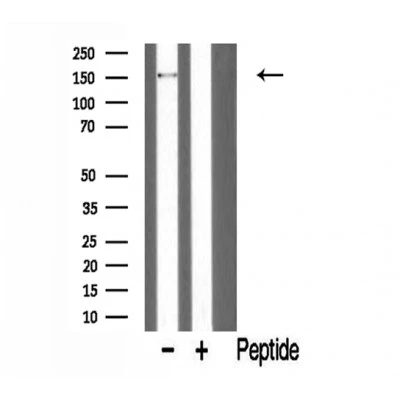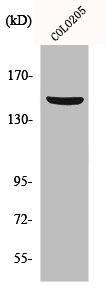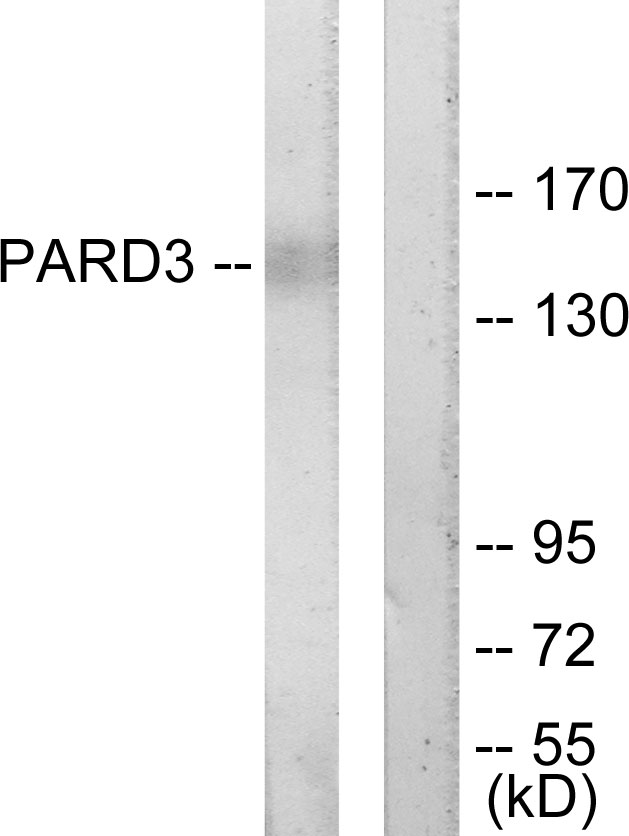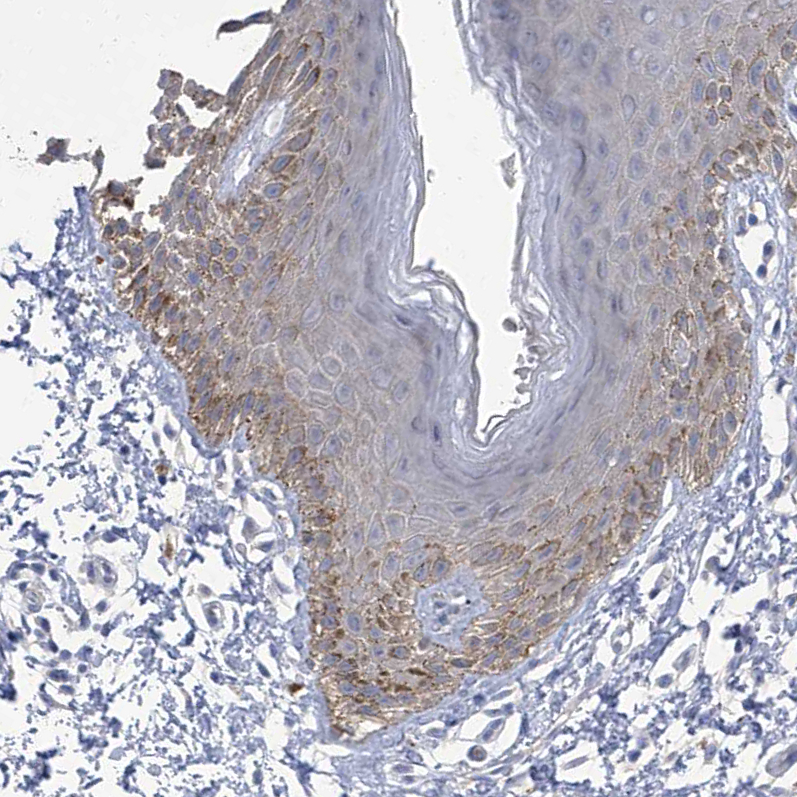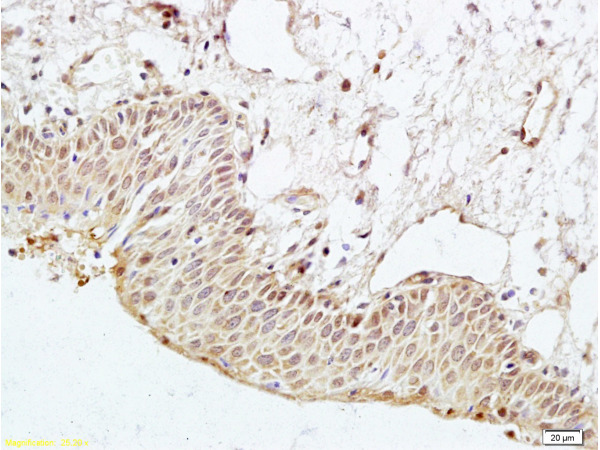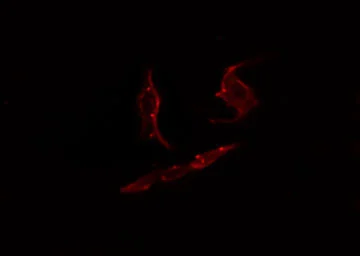
ICC/IF analysis of PFA-fixed COLO205 cells using GTX00653 PARD3 antibody. Permeabilization : 0.1% Triton X-100 Dilution : 1:200
PARD3 antibody
GTX00653
ApplicationsImmunoFluorescence, Western Blot, ImmunoCytoChemistry
Product group Antibodies
ReactivityHuman, Mouse
TargetPARD3
Overview
- SupplierGeneTex
- Product NamePARD3 antibody
- Delivery Days Customer9
- Application Supplier NoteWB: 1:500-1:1000. ICC/IF: 1:100-1:500. *Optimal dilutions/concentrations should be determined by the researcher.Not tested in other applications.
- ApplicationsImmunoFluorescence, Western Blot, ImmunoCytoChemistry
- CertificationResearch Use Only
- ClonalityPolyclonal
- Concentration1 mg/ml
- ConjugateUnconjugated
- Gene ID56288
- Target namePARD3
- Target descriptionpar-3 family cell polarity regulator
- Target synonymsASIP, Baz, PAR3, PAR3alpha, PARD-3, PARD3A, PPP1R118, SE2-5L16, SE2-5LT1, SE2-5T2, partitioning defective 3 homolog, CTCL tumor antigen se2-5, PAR3-alpha, atypical PKC isotype-specific interacting protein, bazooka, par-3 family cell polarity regulator alpha, par-3 partitioning defective 3 homolog, protein phosphatase 1, regulatory subunit 118
- HostRabbit
- IsotypeIgG
- Protein IDQ8TEW0
- Protein NamePartitioning defective 3 homolog
- Scientific DescriptionThis gene encodes a member of the PARD protein family. PARD family members interact with other PARD family members and other proteins; they affect asymmetrical cell division and direct polarized cell growth. Multiple alternatively spliced transcript variants have been described for this gene. [provided by RefSeq, Oct 2011]
- ReactivityHuman, Mouse
- Storage Instruction-20°C or -80°C,2°C to 8°C
- UNSPSC41116161

